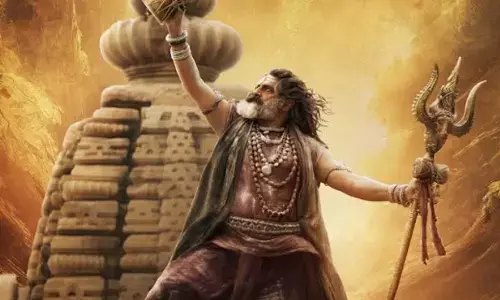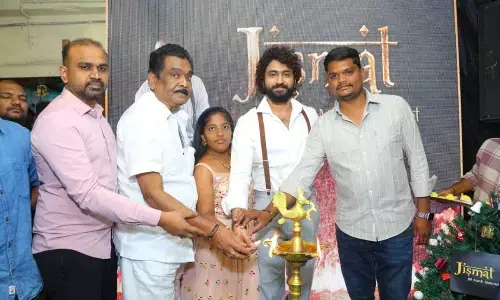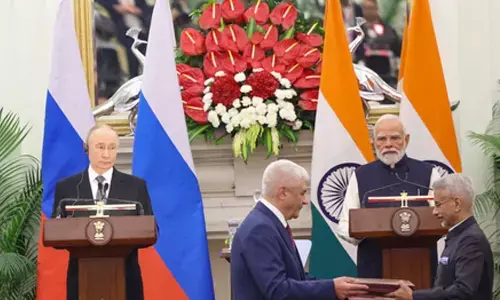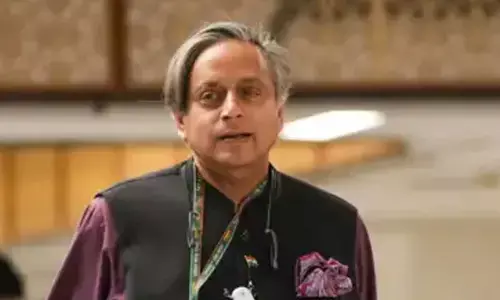Annual Kankurang festival celebrates traditional Gambian culture
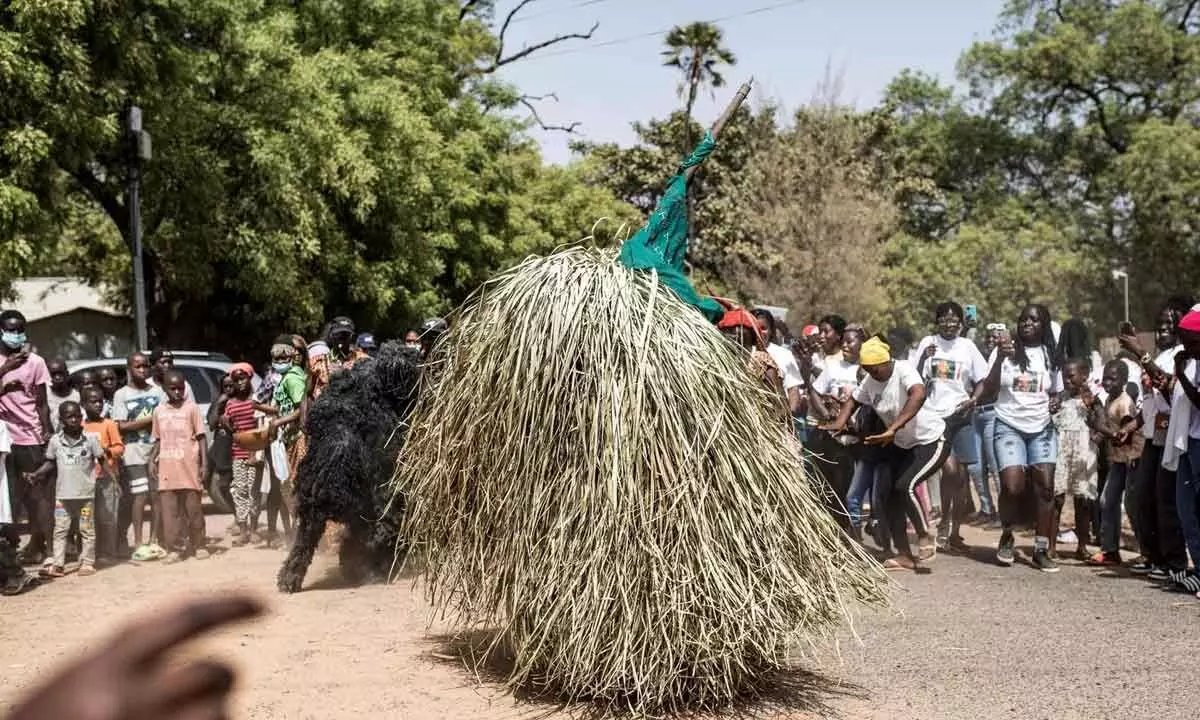
By the glow of the moon and a scattering of spotlights, a figure cloaked in bark and leaves maneuvers through the animated crowd. Drums pound, whistles trill, and voices rise in jubilation as he strides forth, wielding machetes. In Janjanbureh, nestled on an island in the Gambia River, the yearly festivities honoring the Kankurang are in full sway, enveloping attendees in an aura of mystique and tradition.
The enigmatic figure, scarcely discernible beneath his verdant shroud, is believed to repel malevolent spirits from initiates of the Mandinka, a West African ethnic group with roots tracing back to the kingdom of Mali. As he traverses the throng, the air thrums with anticipation, onlookers extending offerings and entreating his benevolence, while the initiate, in a trance-like state, weaves through the crowd, arms swinging, and children and women scuttling away in trepidation. "We believe, supernaturally, the Kankurang is not human," remarked spectator Nichol Ndey. "It has this mystical power... it protects the people."
Guardian of Tradition The Kankurang, a fusion of Mandinka terms "kango" and "kurango" signifying "voice" and "enforce," has been recognized by UNESCO as Intangible Cultural Heritage since 2005. Integral to circumcision ceremonies, this initiation rite serves as a conduit for young men to assimilate communal norms and transmit traditional wisdom, encompassing hunting techniques and herbal lore.
Although still practiced in select regions of The Gambia, Guinea-Bissau, and southern Senegal, notably in Mbour and the Casamance region, the encroachment of Westernization, deforestation, and commercialization imperil this time-honored ritual. Since 2018, the annual festival in Janjanbureh has endeavored to revitalize Mandinka heritage, as underscored by its director, Muhammed Sardykhan.
Over three days, the town orchestrates an array of Kankurang-themed activities, culminating in a moonlit dance encircling a revered baobab tree, drawing scores of spectators. On subsequent days, initiates traverse the town, evoking apprehension among youngsters, who scatter at their approach. Positioned as the bastion of tradition in The Gambia, a nation that secured independence from British rule in 1965, Janjanbureh assumes the mantle of cultural custodian.
Under Siege "Many of these cultural practices face extinction due to education and Western influence," lamented 30-year-old Nichol Ndey, a native of Janjanbureh attending the festival with her children. "I want my kids to inherit this knowledge, to understand our cultural roots," she emphasized. Lamin Jarjou, in his forties, echoed this sentiment, viewing the festival as a vital bulwark against the erosion of tradition.
"People are even felling the trees used for crafting our masks. Safeguarding our heritage necessitates preserving our forests," he contended. During the final weekend of January, tourists and locals converge upon Janjanbureh, infusing vitality into the local economy. James Goswell, 35, capitalized on the influx, retailing traditional paraphernalia and souvenirs, including miniature Kankurang figures, soap, and T-shirts.
For him, the festival represents an opportunity to eke out a livelihood amidst economic hardships. With limited prospects locally, many youth opt for clandestine emigration. Yet, the annual ritual affords a platform to showcase the town's rich legacy. "It's a remarkable, unifying cultural event, emblematic of The Gambia and Senegal's heritage," asserted Jarjou, underscoring the festival's intrinsic significance.









